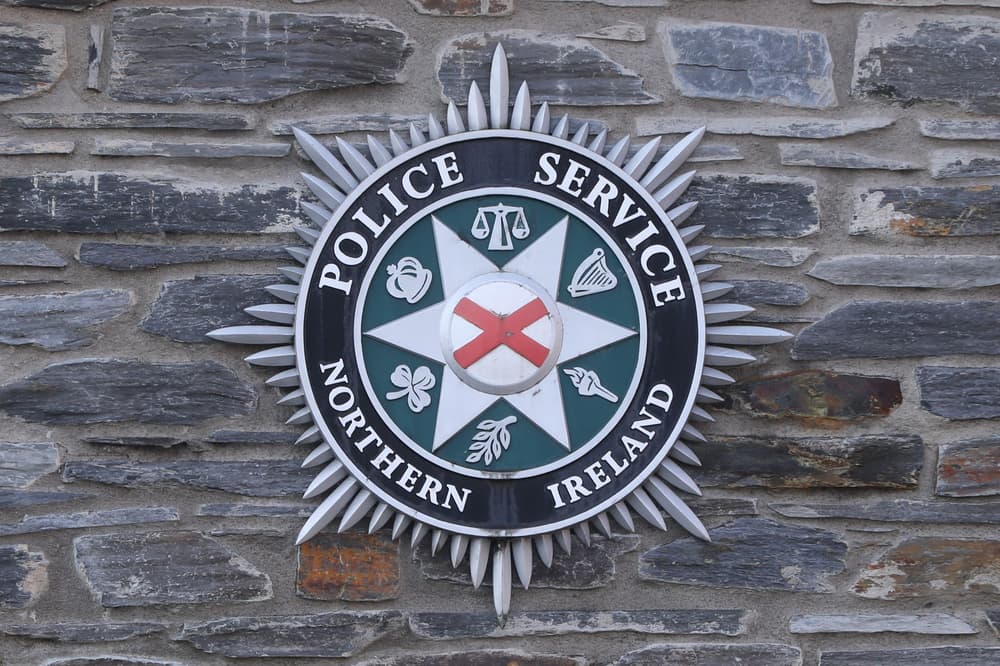PSNI's Covert Surveillance of Journalists: A Closer Look at the Findings

An independent review found PSNI’s covert surveillance of journalists not widespread but raised concerns over its methods.
PSNI's Covert Surveillance of Journalists: A Closer Look at the Findings
An independent review has concluded that the covert surveillance of journalists and lawyers by the Police Service of Northern Ireland (PSNI) is not as widespread as one might fear. While the McCullough Review did uncover over 20 attempts by the PSNI to unearth the sources of various journalists, it emphasized that these actions are not systemic.
The report raised eyebrows regarding the PSNI's unsanctioned fishing expeditions into its own communication records, aiming to identify unauthorized contacts with journalists. Amnesty International has expressed serious concerns, stating that the findings reveal a "disturbing pattern of unlawful covert surveillance of journalists." Angus McCullough KC, the barrister behind the review, was prompted to investigate after a tribunal deemed an undercover operation to unveil the journalistic sources of two prominent documentary makers unlawful. The review scrutinized police practices from January 2011 to November 2024, with McCullough having full access to PSNI records and personnel.
While the review did not find systemic issues, it did highlight that there is room for improvement in PSNI practices. McCullough noted specific incidents where legal compliance was lacking, although he dismissed any notion of routine abuse of surveillance powers against journalists or lawyers.
Interestingly, the report also examined the controversial practice of cross-checking journalists’ phone numbers against PSNI communication records, an action dubbed “washing through.” It revealed the use of a list of over 380 journalists’ contacts, raising questions about the necessity and effectiveness of such measures. Fortunately, this practice has been discontinued since March 2023, with formal termination in May 2024.
In total, the review identified 378 applications related to journalists, with 24 aimed at uncovering sources. While 21 were authorized, three were denied, showing that the scrutiny on journalists is still a nuanced issue for the PSNI.
Note: This article was generated by an AI system. While it is based on verified sources, accuracy cannot be guaranteed. Please use your own judgment when interpreting the information. If you notice any clear errors, please contact us.


